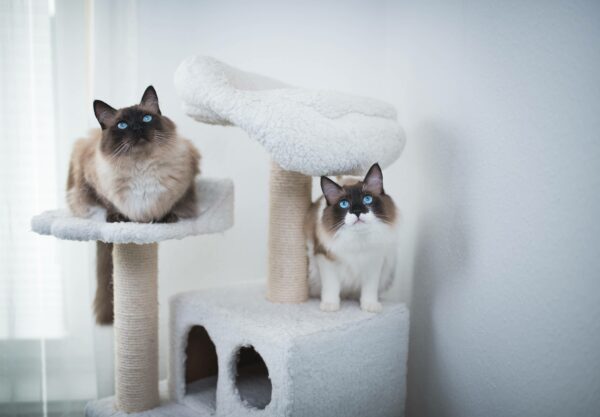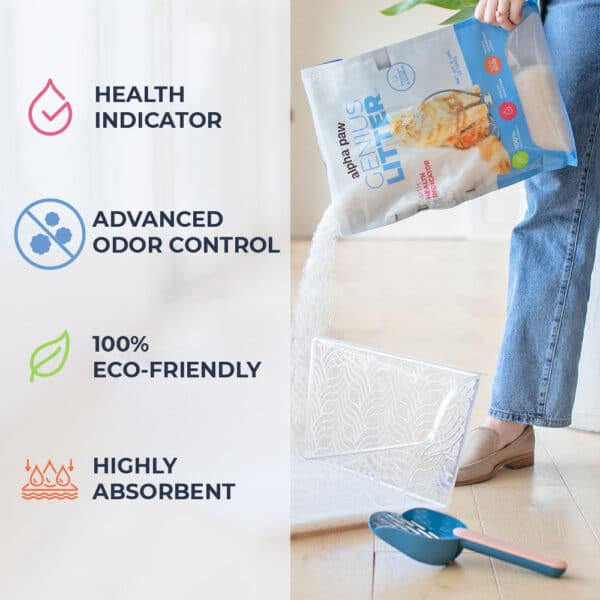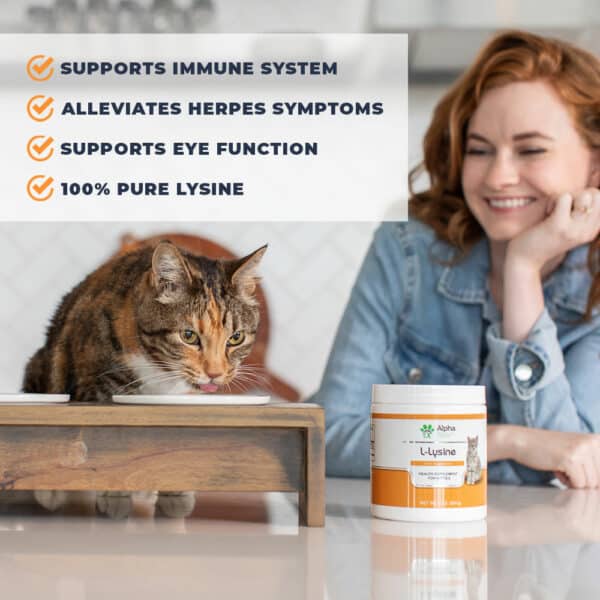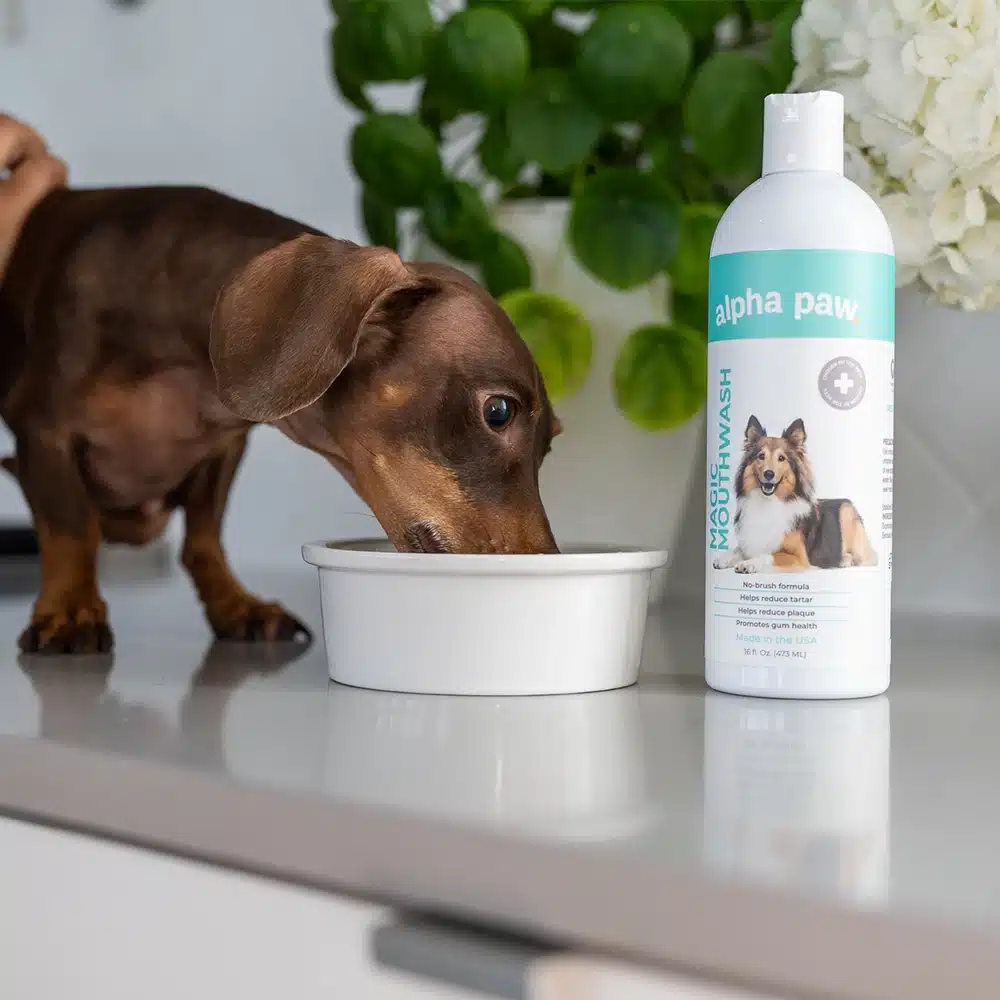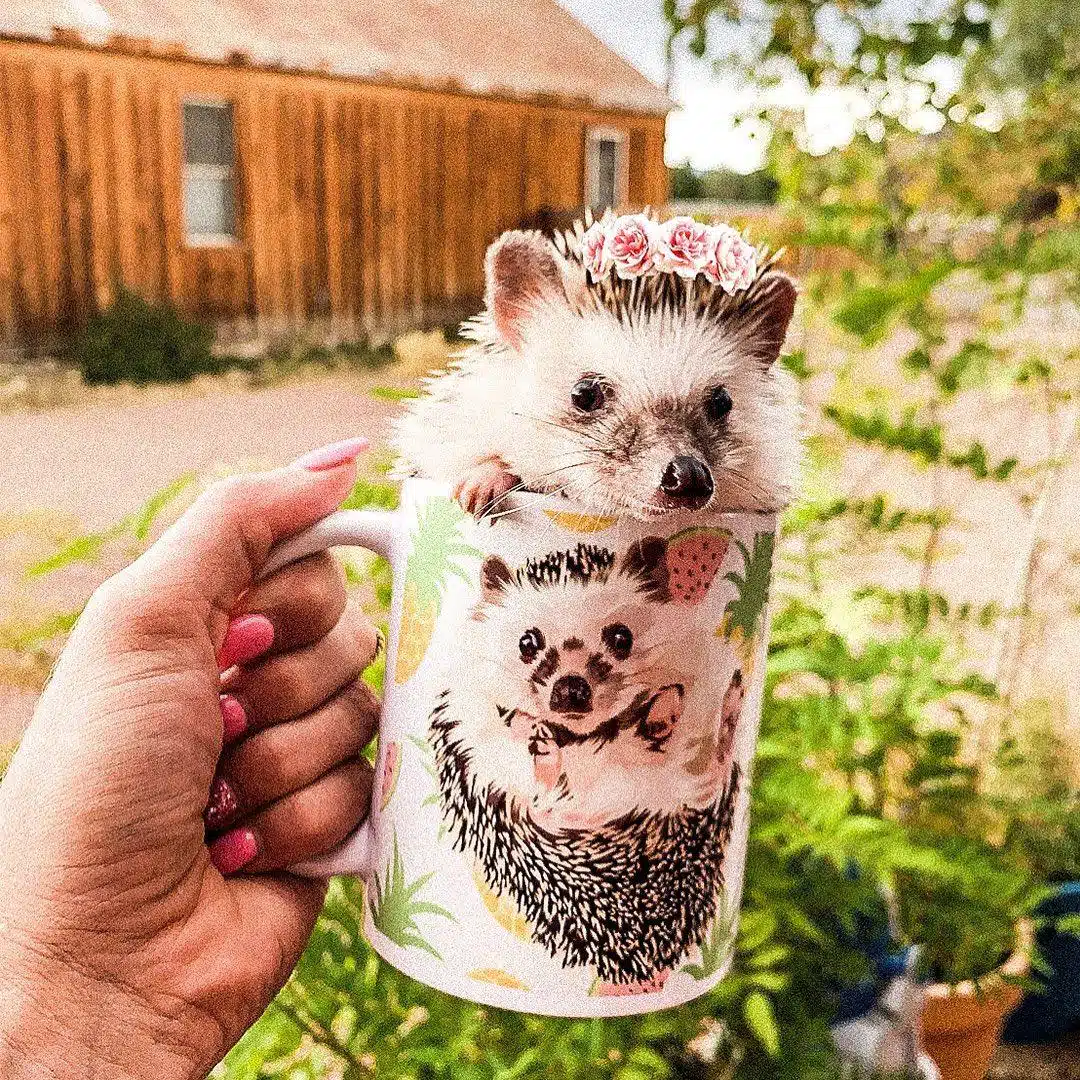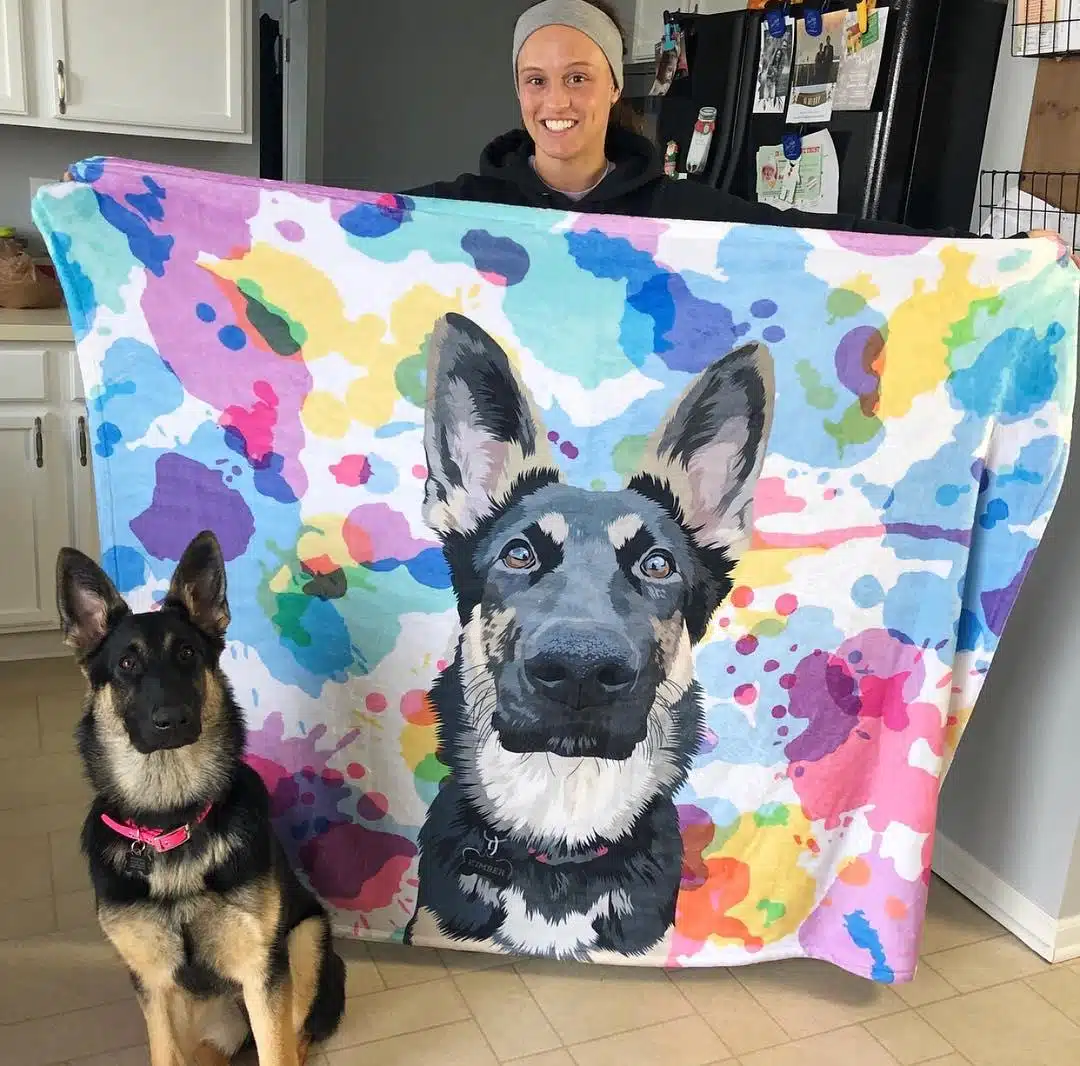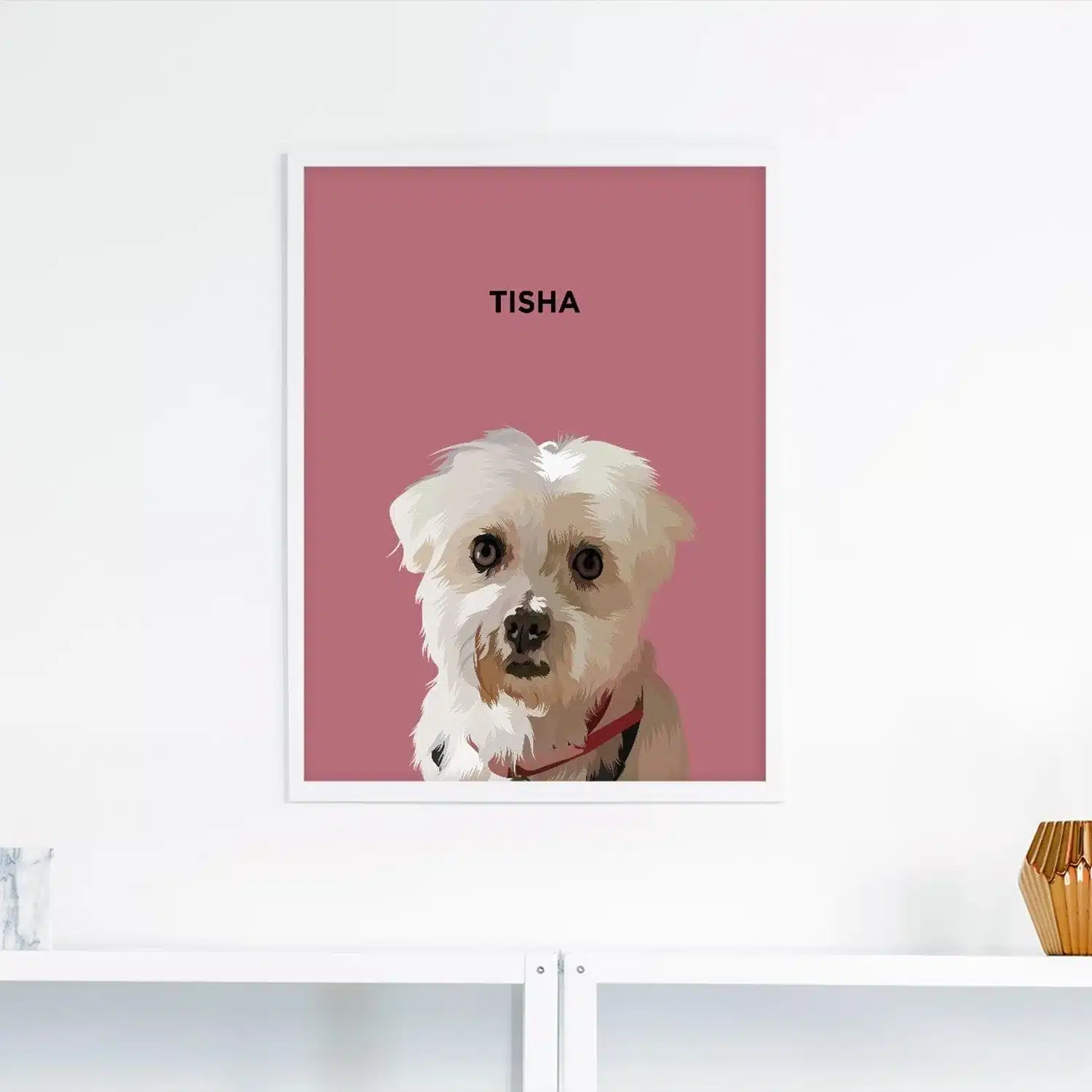Ragdoll cats can be lovable, cuddly companions that do little to aggravate their owners. But some Ragdoll cat behavior problems may develop over time, especially when you try to keep them from doing what comes naturally to them.
It’s important to recognize these problems and work with your cat so it can stay happy and healthy as much as possible.
Here are 11 of the most common Ragdoll cat behavior problems and their effective solutions with expert advice so you can enjoy their company without frustration.
Want to learn more? Keep reading!
What Are Most Common Ragdoll Cat Behavior Problems?
Felines are such sensitive creatures, and they often show strange behavior if their needs are not being met, if they’re under too much stress or if they’re sick in some way. These behaviors can make you and your cat unhappy, so it’s important to deal with them before they become habitual.
Common Ragdoll cat behavior problems might include:
- Aggressive Behavior
- Need High-Maintenance
- Excessive Grooming Habits
- Roaming Outside
- Problems with Shedding
- Begging for Attention
- Finicky Taste in Food
- Litter Box Problems
- Scratching Furniture
- Weight Gain Issues
- Excessive Vocalization
1. Aggressive Behavior
Aggressive behavior is one of the most common Ragdoll cat behavior problems. There are many reasons why cats may show aggression, including fear, inappropriate interaction, a lack of socialization with humans or other pets, or an illness like a urinary tract infection.
The first step in combating this issue is to rule out any medical causes. If the aggression is due to a medical issue, it will need to be treated before addressing the behavioral causes.
Here are some other things you can do:
- Provide your cat with a safe zone that they’re allowed to enter when they’re feeling anxious.
- Spend time playing with your cat (but don’t force them if they don’t want to).
- Ask your vet to check for any underlying medical issues.
2. Need High-Maintenance
Ragdolls are high-maintenance cats that need plenty of attention but will lavish you with affection in return. They require a lot of time and care, which can be overwhelming for new owners.
If you ever fall into a deep sleep, don’t be surprised to have your Ragdoll buddy jump on you or persist in wanting to be carried from room to room with you. If you’re not prepared for this commitment, it’s best to consider other breeds.
3. Excessive Grooming Habits
Ragdolls have a tendency to groom themselves excessively. This is caused by heredity, but can also be exacerbated by boredom, lack of attention, or anxiety. Some people may mistake the behavior for a flea infestation because the cat will spend so much time licking its fur.
However, irregular grooming can result in your cat developing hairballs so it must be avoided.
One way you can try to curb this behavior is by buying your cat a scratching post and encouraging them to use it instead of their own body. Additionally, you should groom your ragdoll at least once or twice a week to avoid this habit.
4. Roaming Outside
It is not uncommon for ragdolls to roam outside or hunt for prey. They are less skilled than other breeds when it comes to hunting instincts. This can lead to a lot of dangerous situations including being attacked or hit by a car.
The solution to this problem is either to train your ragdoll to stay inside the house or supervise them when they are outside in order to keep them safe from any possible threats.
5. Problems with Shedding
Another big problem with owning a Ragdoll cat is its constant shedding. This can be frustrating for the owner who may want to pet the cat but end up with a hand full of hair.
There are ways you can reduce this shedding, though. You should brush your cat two or three times a week using a grooming tool designed for long-haired cats.
Bathing them every so often can help too, as well as periodically trimming the coat where shedding is most intense. Additionally, a balanced diet can also reduce shedding.
6. Begging for Attention
Ragdoll cats are notoriously needy. They crave attention, love, and affection, which is why they are so often referred to as Velcro Cats. But sometimes this neediness can get in the way of everyday life.
Here’s how you can solve this:
- Set aside a specific time each day for playtime with your cat.
- Keep the sessions short, 5-10 minutes max.
- Try doing something your cat enjoys during these play sessions like chasing a laser light or feather toy or playing with a fishing pole toy that you dangle just out of reach to make it more fun for them.
- Leave some type of interactive toy for him/her that gives enjoyment from time to time so he/she won’t feel ignored while you’re at work all day.
7. Finicky Taste in Food
One of the common ragdoll cat behavior problems is their finicky taste in food. They are known for being picky eaters, often refusing anything that you offer them. This can cause health issues like weight loss and dehydration because they refuse to drink water as well.
The solution is as follows:
- Try feeding your cat a variety of different foods or snacks
- Keep trying new brands until you find one your cat likes (most cats have preferences).
- You could also try mixing two foods together or adding some canned wet food to dry kibble.
- Place the food near where your cat sleeps.
8. Litter Box Problems
Ragdolls are not the best litter box users. They can exhibit the following symptoms of toileting problems:
- Peeing outside the litter box
- Aversion to the litter box
- Refusing to use it altogether
There are several possible explanations for toileting problems in ragdolls, including changing the litter box location or if your pet does not like the type of litter being used.
Another reason for this behavior could be that your ragdoll has some other health problem that causes them to refuse to use the litter box for toileting.
If your ragdoll is experiencing toileting problems continuously, contact your vet immediately to get a definite diagnosis before moving forward with any changes in location or litter type.
9. Scratching Furniture
Your cat‘s scratching bad habit may be due to a number of different factors, including boredom, stress or anxiety, lack of stimulation and attention, deficiency of nutrition, the need for territorial marking, or even a health problem.
The best way to stop your cat from scratching on furniture is by addressing the underlying cause.
Start by providing more opportunities for your cat to engage in natural behaviors like hunting prey or climbing trees. You should also provide vertical spaces where they can climb up high so they don’t feel boxed in.
10. Weight Gain Issues
Obesity is a serious problem in ragdolls due to their lack of exercise and their easy access to high-calorie foods. If a ragdoll is kept exclusively indoors, it will grow lazy and overweight because it lacks the stimulation that comes from being outdoors. If your ragdoll is overweight or obese, you need to start taking steps immediately to get him back down to a healthy weight.
Overweight Ragdoll cats are at a higher risk for:
- Diabetes
- Heart Problems
- Hyperthyroidism
- Breathing Problems
- Arthritis
- Joint Degeneration
- Pancreatitis
- Liver and Kidney Insufficiency
Feeding your cat wet food instead of dry food will help reduce the number of calories he’s consuming each day. Try feeding him/her smaller portions more often throughout the day rather than one large meal twice a day.
11. Excessive Vocalization
Ragdolls often make excessive vocalizations. This could be due to several reasons, including loneliness, boredom, stress, separation anxiety, or even something like being territorial. You may notice that your cat’s meows are louder than usual or they happen at all hours of the day.
If you notice an increase in vocalization from your cat, try some of these solutions:
- Some Ragdolls meow when they are hungry. Try giving your cat more treats or something more interesting than their food, such as wet food or raw meat.
- For younger Ragdolls, excessive vocalization can often be solved by allowing them more time with their family.
- Leaving your pet home alone for too long or keeping them in an environment that is unfamiliar can cause anxiety which leads to loud meowing.
- If you’re thinking that your cat’s behavior is the result of separation anxiety, spend some time with your cat.
- Talk with your veterinarian about possible issues, get advice on what might help, and see if you can identify any triggers so you know how to deal with the situation before it gets worse.
Key Takeaways
- Ragdoll cats have delightful personalities and make excellent pets, but that doesn’t mean they don’t exhibit some behaviors that can be frustrating.
- Generally, ragdoll cat behavior problems have some underlying reasons that can be solved easily.
- Your cat might take a while to learn what you want, but if you are patient, you can teach him what you need.
- Always provide an ample amount of toys for your cat so that they have something they can play with while you’re at work or away from the house.
- Consider getting two ragdolls so that one of them will always be around for companionship when you’re away.
- Consult a veterinarian if your pet is exhibiting strange or concerning behaviors like meowing excessively without any apparent cause, frequent urination/defecation outside of their litter box, or aggression towards family members or other animals in the household.
Pro Tip:
It can be very stressful and concerning when a beloved pet is not feeling well, so it’s worth it to get pet insurance to make sure you can cover the veterinary bills.
Importance of Pet Insurance
Pet insurance is a great way to protect your animal’s health. It can be hard to predict when an accident will happen, but with pet insurance, you’re covered.
There are a few different types of plans depending on your needs, and it only takes minutes to get coverage for your pet.
Some pet insurance companies will even cover 100% of veterinary expenses. So make sure to choose the best pet insurance plan for your furry friend.
Once you have a plan in place, vet bills will never be too high because they’ll already be covered by the policy.
It’s important that we all take care of our animals’ safety and well-being so they can enjoy their lives just as much as we do ours.
What Makes Genius Litter Different from Ordinary Litter?
Say goodbye to hauling heavy bags and hello to easy Genius Litter.
With our innovative non-clumping litter formula, you’ll need less of it. One bag of our disposable Genius Litter lasts up to a month, so you won’t need to refill the box as often and can save money on monthly costs.
One thing that separates us from traditional litter is that Genius Litter changes color to indicate when your cat has a potential health issue, so you can get them help before it becomes an urgent medical situation.
All you need to do is set up a delivery date with us each month, and rest easy knowing that Genius Litter will arrive at your doorstep every 30 days.
For a convenient solution for your cat, try Genius Litter today!
Why is Lysine so Important for Your Pet?
Protect your pet’s immunity!
Have you noticed that your cat is coughing, sneezing, and having rapid breathing? Or maybe he/she has been scratching more than usual?
These are all signs of a weakened immune system. One way to prevent this from happening is by using lysine supplements.
Lysine plays a key role in your pet’s immunity because it helps to regulate the immune system.
Without enough lysine, your pets will be more susceptible to illness because their immune system can’t fight off infections as efficiently.
When they are sick, they will also be less able to absorb nutrients and make use of other supplements that can help them feel better.
Give your pet the support they need. Our Lysine supplement provides essential amino acids to help support a strong immune system.
Order now to get 300 one-scoop servings or 150 two-scoop servings and don’t worry about expiry!



